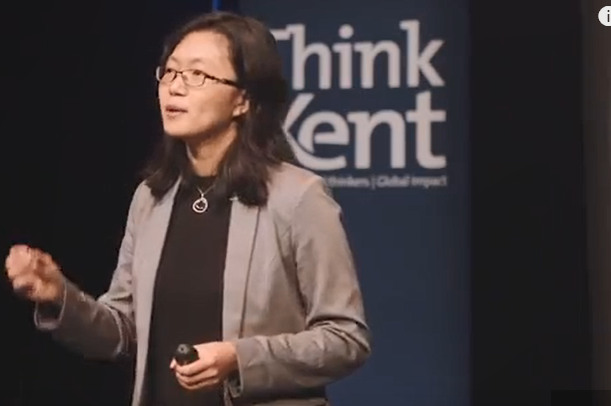A transnational strategy is no longer aspirational for scientific development, it is a pre-condition.
Writes Dr Joy Zhang, Senior Lecturer in Sociology
In this Think Kent lecture, Joy Zhang looks at how the Global South actively contributes to scientific discovery rather than passively feeding into a Western powerhouse agenda in a supporting role. In the absence of knowledge – the area of emerging science – we find the valuable contributions of Asian countries. Drawing on her 2012 book ‘The Cosmopolitanization of Science’, Dr Joy Zhang, Senior Lecturer in Sociology at the University of Kent, uses China’s experience in stem cell research as an example to demonstrate how actors from the Global South can assume a more contributory role in steering global scientific norms. Joy identifies several key factors in this transition, including collegiality and influence being established across borders.
Watch Joy Zhang in The Cosmopolitanisation of Science.
Dr Joy Zhang is Affiliated Researcher of le Collège d’Etudes Mondiales, Fondation Maison des sciences de l’homme (FMSH), France and also held a research position at the Research Centre for Medical Ethics and Law, Peking University Health Science Centre from 2011 to 2015. Keen on using artistic tools in exploring bioethical and sociological questions, Joy has had three solo photographic exhibitions.
From January 2015 to January 2018, Joy led the ESRC Future Research Leaders project on ‘Governing Accountability in China’s Life Sciences: A Comparative Study of Stem Cell and GM Food Governance’. Visit the project website www.kent.ac.uk/gsa

